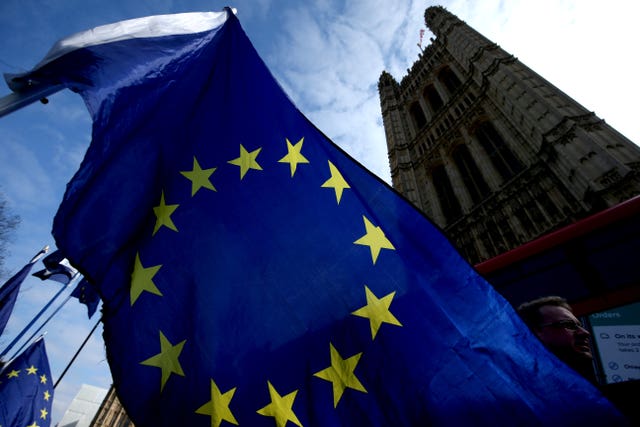European election leaflets wanted for archive of political material
The University of Bristol holds the UK’s largest and oldest collection of election literature.

Britain’s largest archive of election literature is asking members of the public to send it leaflets from parties campaigning in the European elections.
The University of Bristol’s Special Collections Library holds more than 30,000 election addresses from every British general election since 1892.
It is asking members of the public to send it material from all political parties and independent candidates from all constituencies in England, Wales, Scotland and Northern Ireland.
Archivist Hannah Lowery said: “Special Collections has an extensive collection of election addresses from the first European Election held in Britain in 1979, until the forthcoming election to be held on May 23.
“This upcoming election is particularly significant as it comes at a time of strong sentiment towards the EU, with new parties emerging and huge uncertainty around Britain’s future relationship with Europe.
“We would ask people in all constituencies in the UK to send materials from all political parties to us.
“This material will help academics, students, members of the public, politicians, and others find out what was discussed now in the future.”
When the first European elections were held in June 1979, they were hailed as the world’s first international elections.
Margaret Thatcher’s Conservative Party stated in the opening paragraph of its manifesto that Britain’s future “lies unequivocally within the European Community”.
The UK became a fully-fledged member of the European Economic Community, as it was then, on January 1 1973.

Two years later, a referendum approved continued membership, with 67% voting in favour of it.
The British public voted in the first European Parliament elections in 1979, alongside the then-eight member states.
That year, the Tories said it would be “absurd” for Britain to threaten to break up the EU.
In 1984 Labour was more sceptical, with its manifesto claiming “membership has helped to speed up our economic decline”.
But a decade later, the party said that leaving would “isolate ourselves from our biggest market, with all the further job losses that would bring”.
Leaflets in the archive highlight then-prime minister David Cameron’s pledge to hold a referendum on Europe if people voted for the Conservatives in 2014.
The archive also features articles about Europe, including one from The Independent newspaper from June 1994 written by Steve Blame, presenter of MTV News.
He wrote: “Euroconsciousness is high among the under-30s and has a definite cut-off age.
“Older people are more interested in domestic issues. In this way, Europe acts like a new musical genre, appealing to the young and alienating the old.”
The archive asks that election addresses, manifestos and related publicity be sent to the Arts and Social Sciences Library at the University of Bristol.





